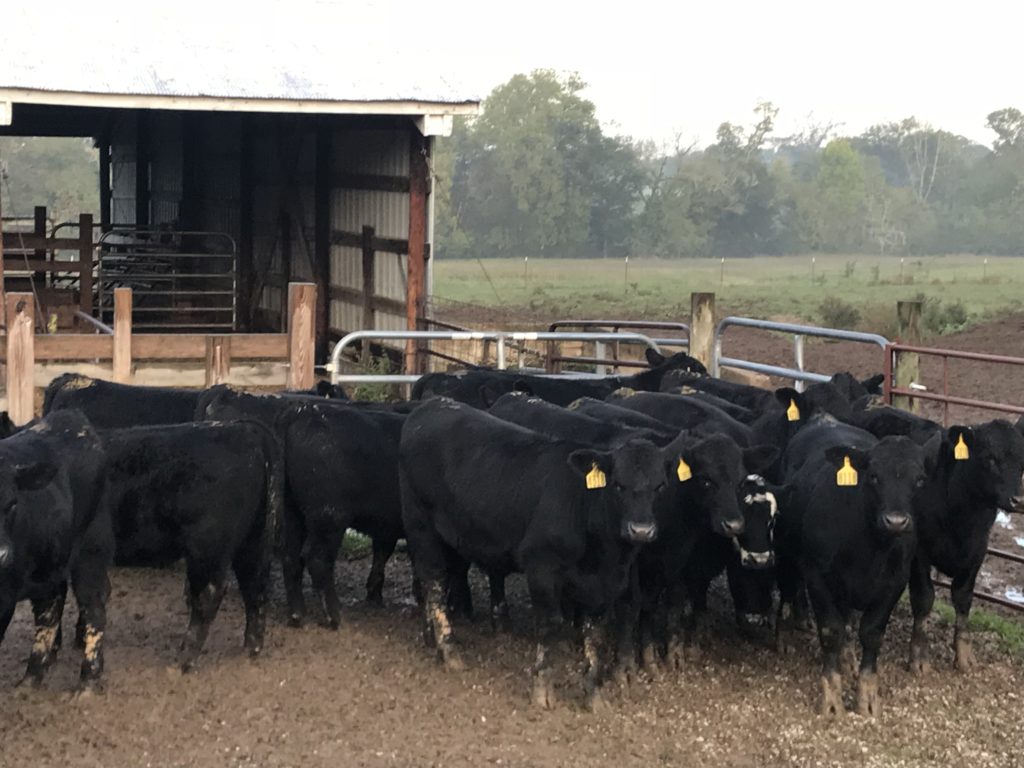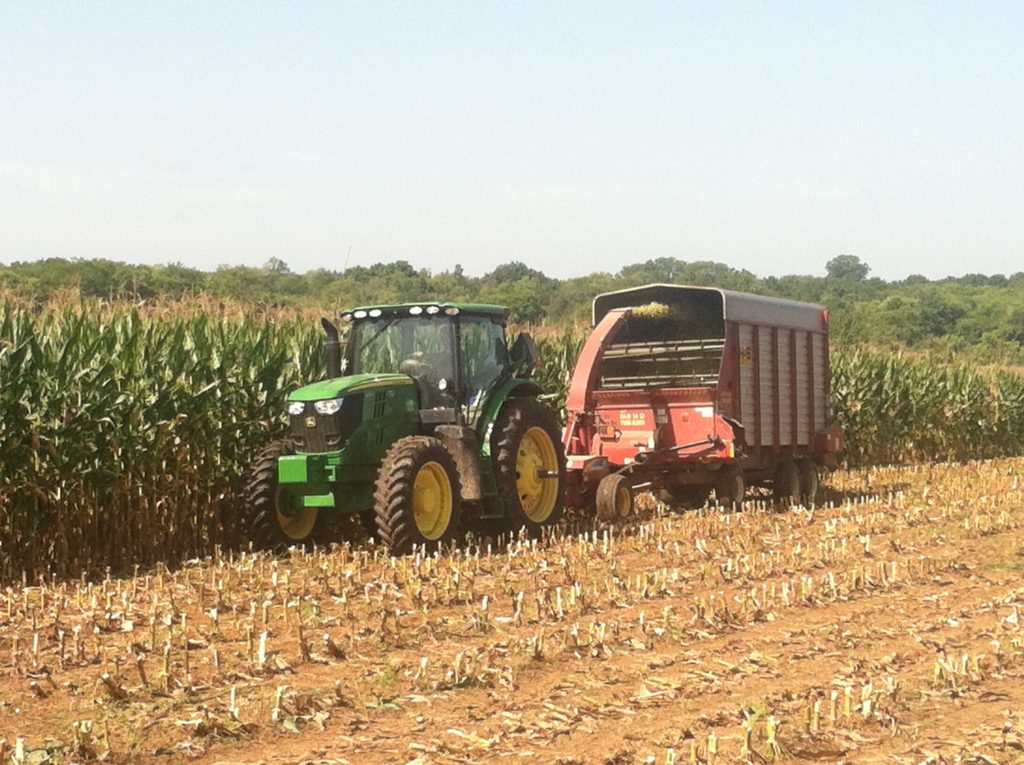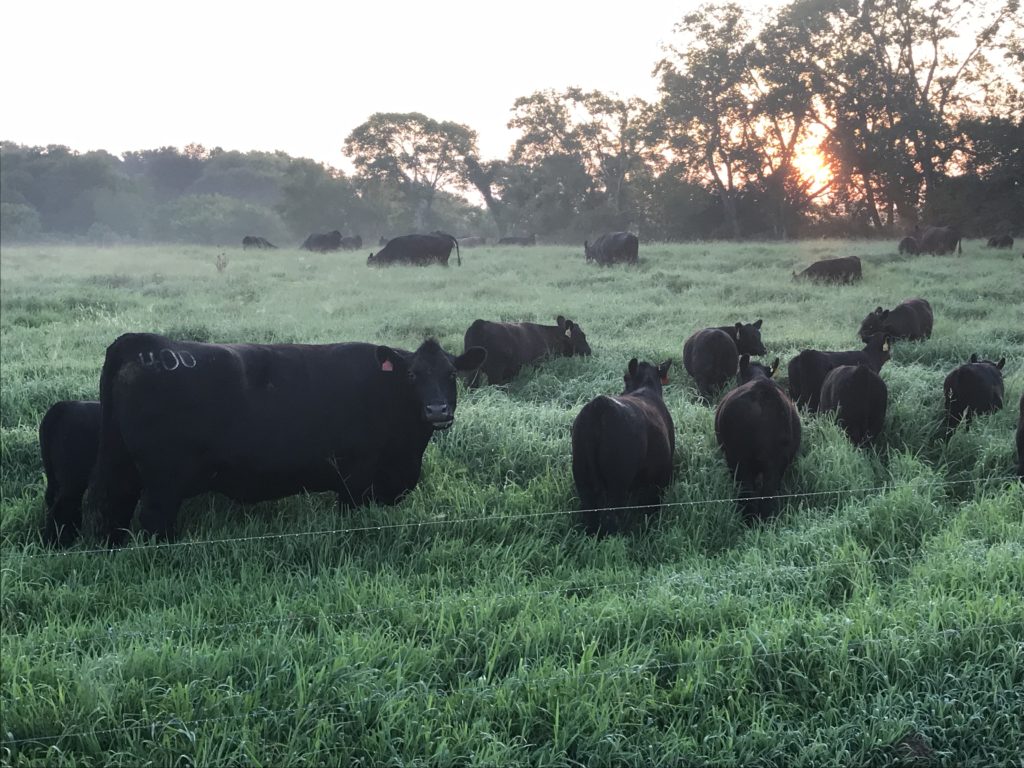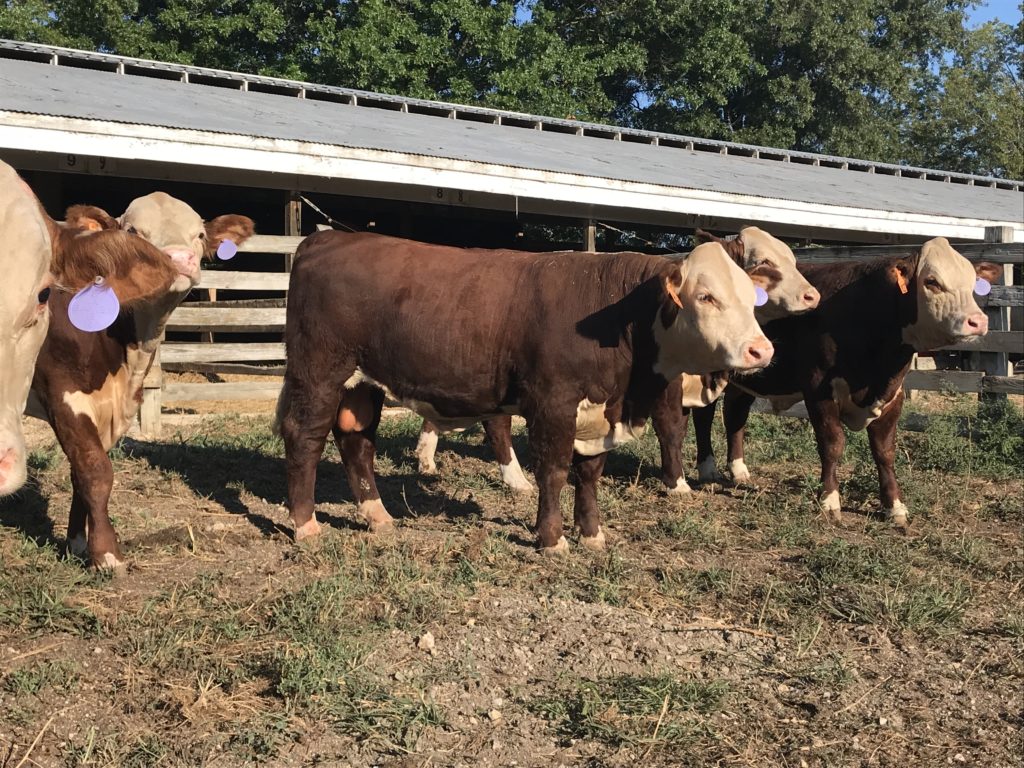Improving Beef Cattle Production

Beef cattle are Tennessee’s top agricultural commodity. The Volunteer State is home to more than one million head of beef cattle and more than 40,000 beef cattle operations. Each year the state’s beef industry generates more than $600 million. As such, as an integral part of our state’s economy, it’s important that the cattle industry stay strong. At the Middle Tennessee AgResearch and Education Center we’re doing our part to keep this industry strong through research programs aimed at making production more efficient and cost effective. At the same time we’re studying ways to improve animal health and well-being. This work will allow consumers to enjoy beef that is both healthier and more affordable.
Providing Fruit Management Information

It’s no secret that fresh fruits are part of a healthy diet. They are a good source of vitamins, fiber, and antioxidants that fight cancer and aging. And the market for fresh fruit is growing. At the Middle Tennessee AgResearch and Education Center we’re evaluating management strategies for fruits like blueberries, grapes, and peaches. We share this information with landowners, which enables them to successfully grow these healthy products in their own backyards. It also allows consumers across the state to enjoy fruits that are not just fresh, but Tennessee fresh!
UT Agronomic Variety Trials

- Click here for corn grain/silage, wheat, and soybean trial results.
Enhancing Feed & Forage Techniques

MTREC focuses its beef cattle research around the economically critical areas of production. These critical areas include: nutrition, reproduction, and animal health. Many of the trials focus on forage quality and adaptability to our environment as well as feed concentrates that help our cattle to not only grow and perform to their genetic potential, but also maintain a high level of reproductive efficiency.
Bull Testing Program

One of the most impactful extension-based programs operated here at MTREC is the state’s Bull Evaluation Program. This program has over the years provided significant measurable impact to the genetic improvement and economic value of the feeder cattle produced in this state.
